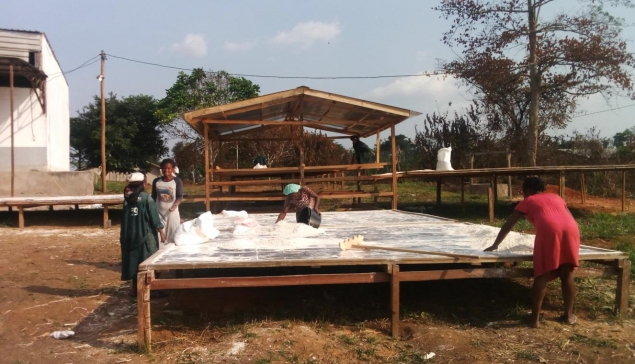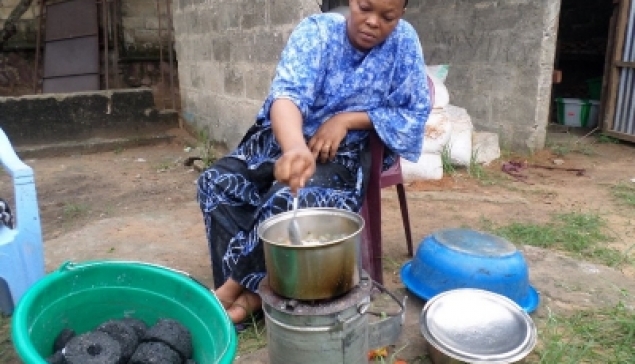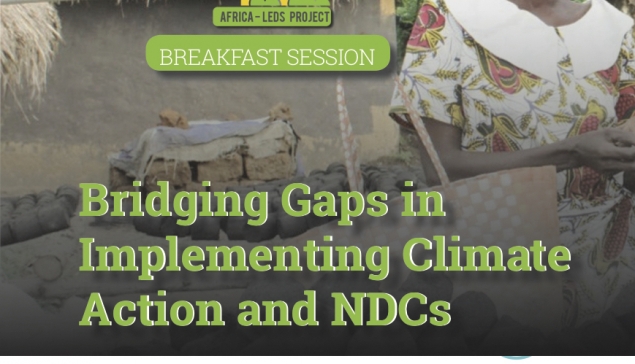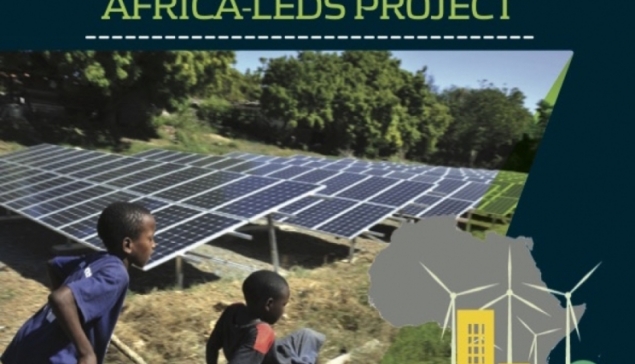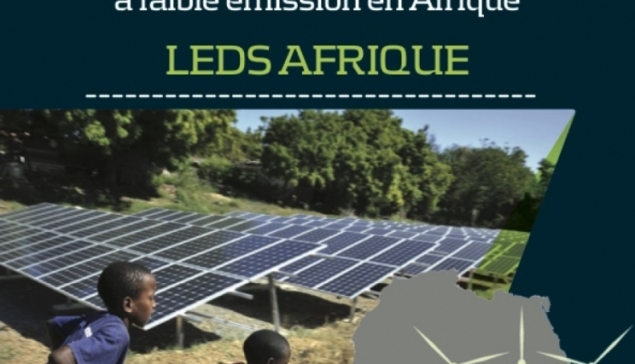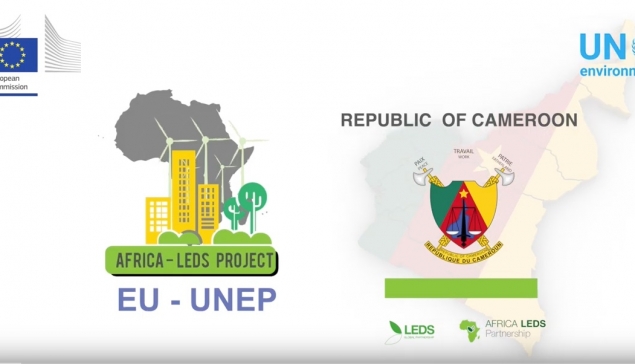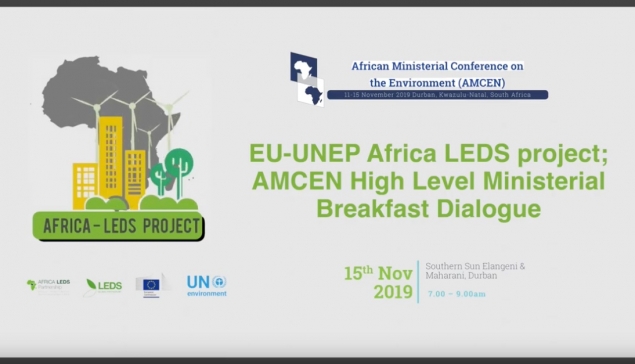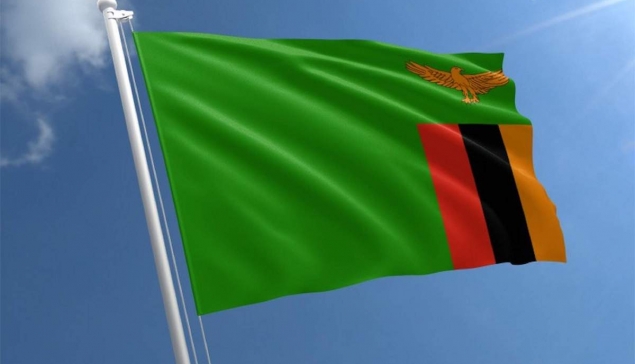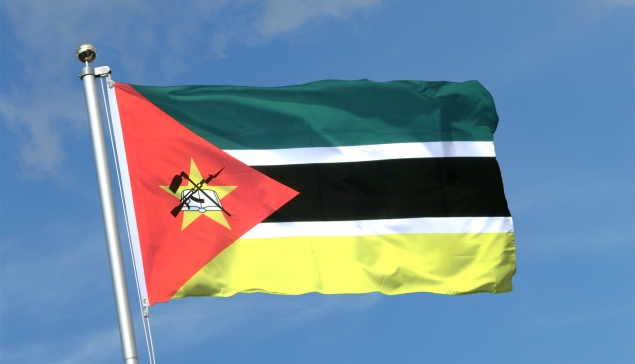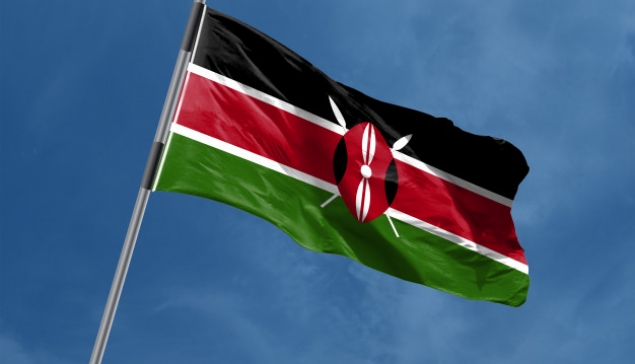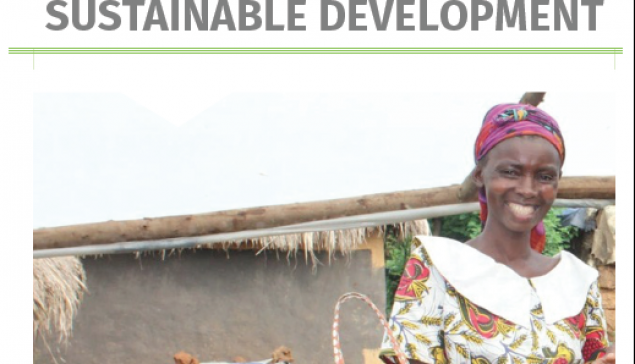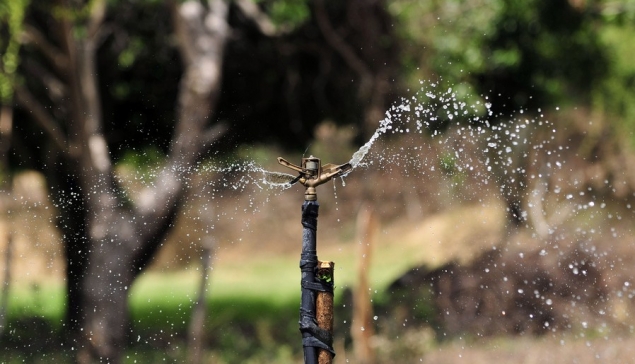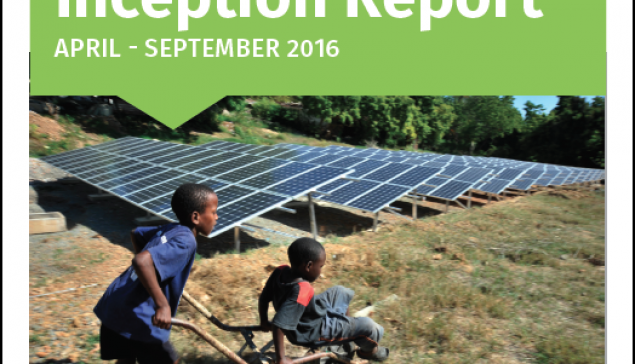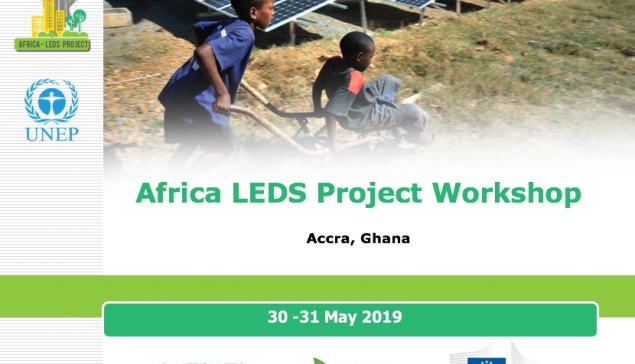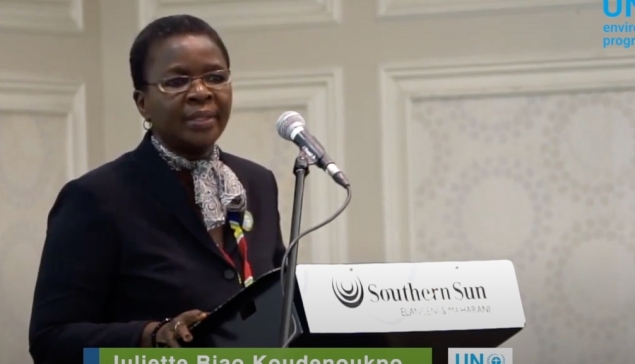
LEDS Components
Components
The project actions were undertaken in two inter-dependent components, with a third one being on peer learning and exchanges. Focus was in seven partner countries - Cameroon, Côte d’Ivoire, the Democratic Republic of Congo (DRC), Ghana, Kenya, Mozambique, and Zambia, with broader peer learning across the continent.
Component 1. LEDS Planning and Implementation Support: under Component 1, undertaken in Cameroon, Côte d’Ivoire, and the Democratic Republic of Congo, support was provided at the strategic, policy planning level, with demonstrations done to validate policies and plans. The aim was to identify and bridge policy gaps, undertake capacity enhancement through training and technical assistance, and conduct an anchor demonstration project to inform planning, design, and implementation of practical LEDS consistent with the respective country NDCs.
Component 2. Low Emissions Development Strategies (LEDS) Modelling Support: under Component 2, support was provided to all the 7 countries to establish strong analytical frameworks for facilitating long-term LEDS policy decision making consistent with respective country climate objectives and socio-economic development priorities, as stipulated in their NDCs and development visions.
Component 3. Peer Learning and Lessons Exchanges: work in the above two components informed continental peer exchanges and lessons sharing to catalyse continent-wide replication and upscaling of the project results.
Contact Us
Africa Low Emissions Development strategies (Africa-LEDS)
United Nations Environment Programme (UNEP)
Africa Office
P.O. Box 30552 00100
Nairobi, Kenya
Email: info@africaleds.org


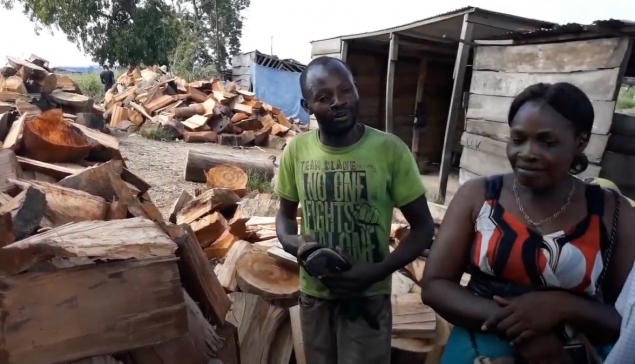
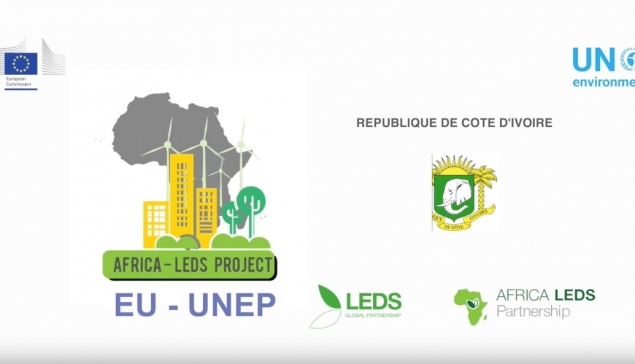


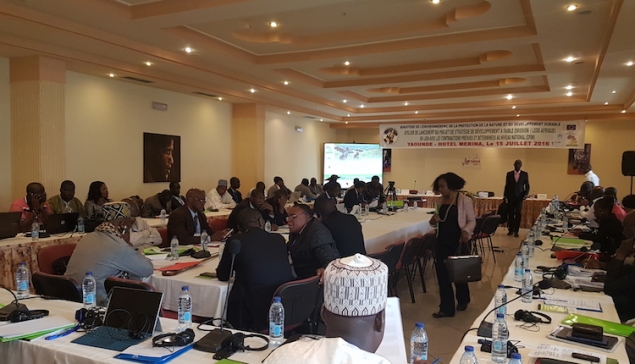
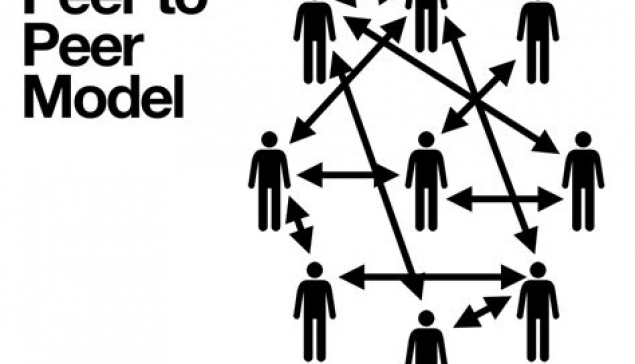

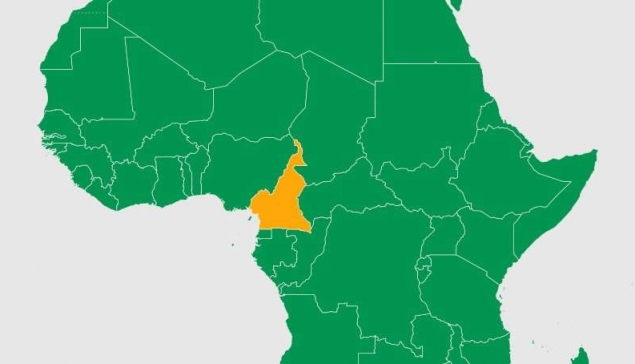
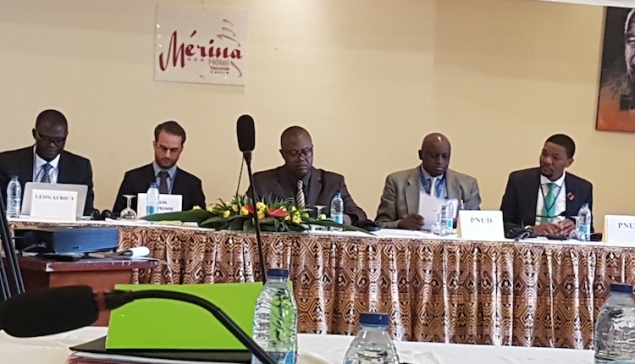
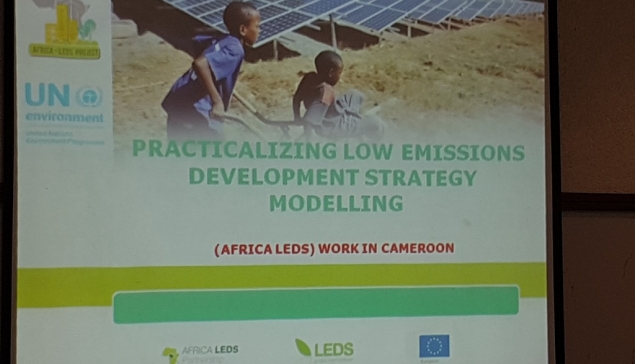
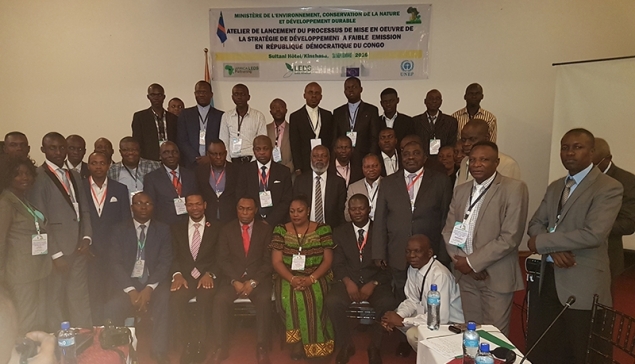
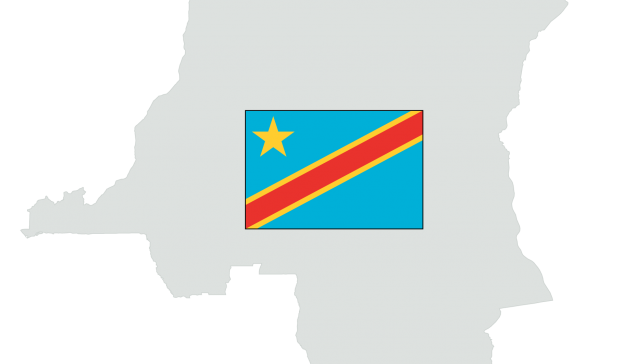
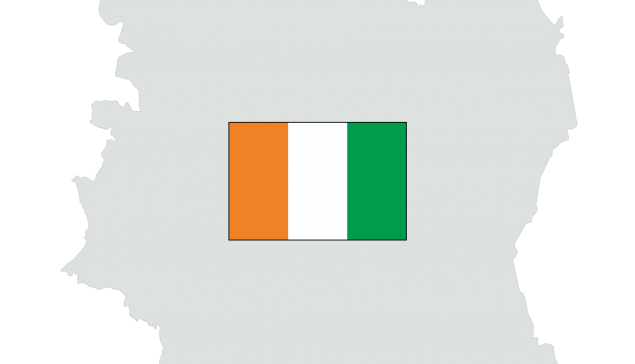
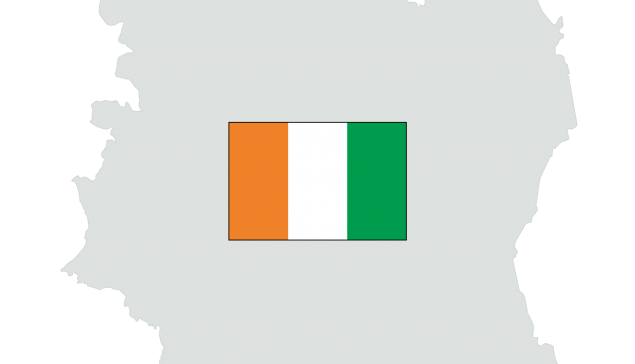
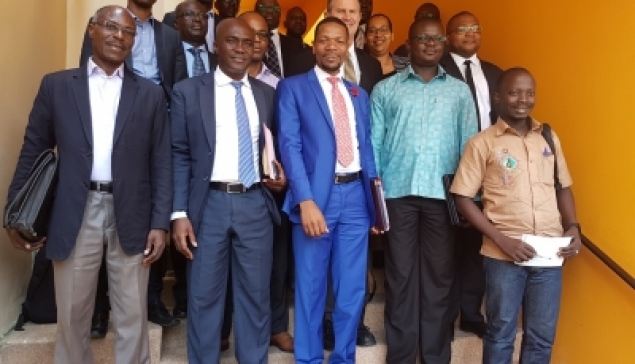
_large.jpg)
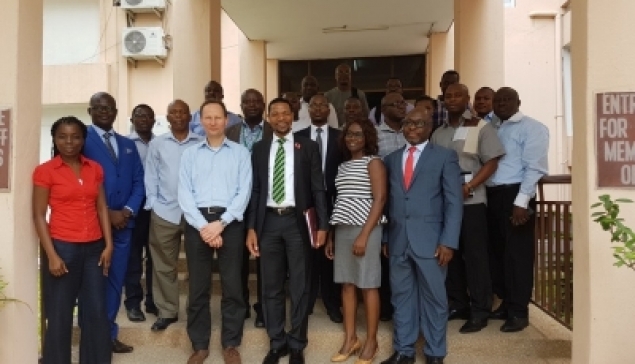
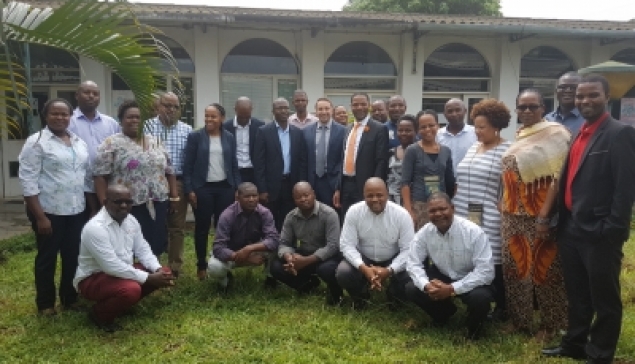
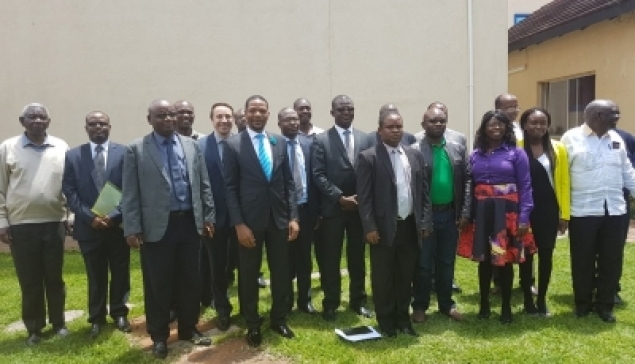
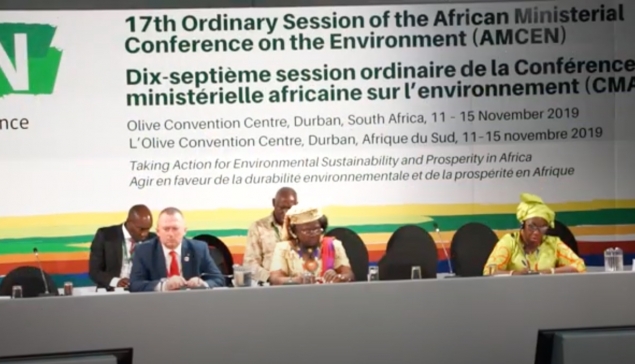

_large.jpg)
